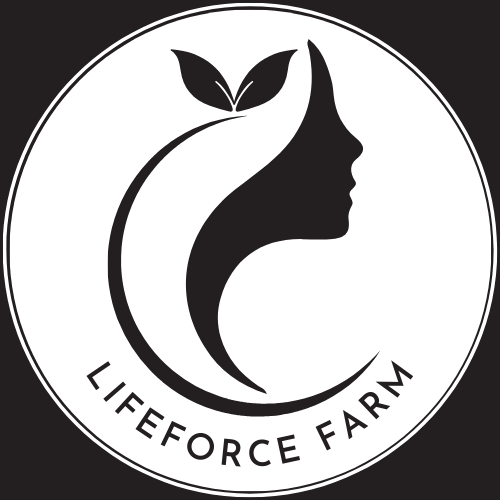Why do we need to grow Organic Flowers in Australia?
Like many feminine spirited humans, I love flowers, and I shared this love with my maternal grandmother. I would visit her with my family most weekends...she lived in council housing in inner city Birmingham, Sparkbrook. Her garden was tiny, yet it was always bursting with so many gorgeous english cottage flowers, foxgloves, cornflowers, snapdragons, marigolds, snowdrops, daffodils, tulips...it felt like paradise to me. I took an interest in gardening early due to her influence, and my parents gave me a small plot in our backyard in Lichfield (Midlands) that I could plant into...I bought a mixed packet of flower seeds, and grew my first flowers. I was enthralled and fascinated from the start :)
When I started as an Urban Farmer, I naturally wanted to grow flowers, both for their beauty, and also because they attract bees and other pollinators. Flowers are a food source and habitat for many different insects, which improves the overall health of the farm, by including IPM (Integrated Pest Management). So, I began learning about commercial flower production...I was deeply shocked by what I discovered :(
The floristry industry is one of the most toxic and damaging to our environment globally and socially. In Australia many flowers that are sold in supermarkets and through commercial floristry, are chemically treated and shipped here from Sth America, Kenya, Ethiopia, Holland, China. In these countries pesticides now contaminate the soil and water, and many of the farm labourers are not given protective clothing when spraying chemicals and are poorly paid and cared for.
The sad thing is that we give these flowers as gifts of love and appreciation, and our loved ones then inhale this toxic bouquet of chemicals in with the fragrance of the flowers.
Commercial flower crops require much more pesticides, water and chemical fertilisers than most agricultural crops. Nearly 80% of commercial flowers have substances toxic to bees on them! And as flowers are a natural source of food for bees, they will be attracted to large plantations of flowers...when the bee lands on the chemically treated flowers, they take the poisoned nectar back to the hive, which then kills the entire hive :(
There is a more sustainable option...organic flowers grown without pesticides, and another more popular alternative are “slow flowers”. These flowers are seasonal flowers, sold locally over shorter periods. They are more sustainable as they are grown organically, and travel shorter distances, blooming seasonally. This is good news for bees and other pollinators as well. I have been told on numerous occasions by people within the industry, that flowers cannot be produced certified organic...which is the reason why I am growing certified organic flowers.
I feel very conscious and aware of the dire situation for our bee families, and their lack of safe food sources ... this is why I have called my flowers "Bee Friendly Blooms".
It has also been the growing trend in my region, that people are choosing to landscape their gardens, with low maintenance greenery ... I would love to encourage every landscaper, architect, permaculture designer and home gardener to consider installing a flower garden bed, or if they have more space a flowering meadow in place of lawn (or part thereof), in their designs, with flowering plants that come into bloom at different times of the year, to provide stable safe food sources for our pollinators and other beneficial insects. There are many wonderful flowering plants to choose from... I was told many years ago by an old gardener, that flowers are the soul of a garden.
I was very fortunate a couple of years ago to win a scholarship for an online cut flower production course created by one of the most famous and successful organic flower farms globally - Floret. I learned an enormous amount from the grower presenting the course, and the student community...however, as Floret is based in a different climate zone (Nth America), I am still experimenting each year with what I can plant here, and the best times to plant for each variety. I will be tripling my cut flower production in the coming year on the farm.
There are a number of local farms that are also growing organic flowers in Byron Shire and Northern NSW, so when you are buying your next bunch of blooms...make sure that you ask...Where are the flowers grown, and how?
from my heart to yours,
sheia x
